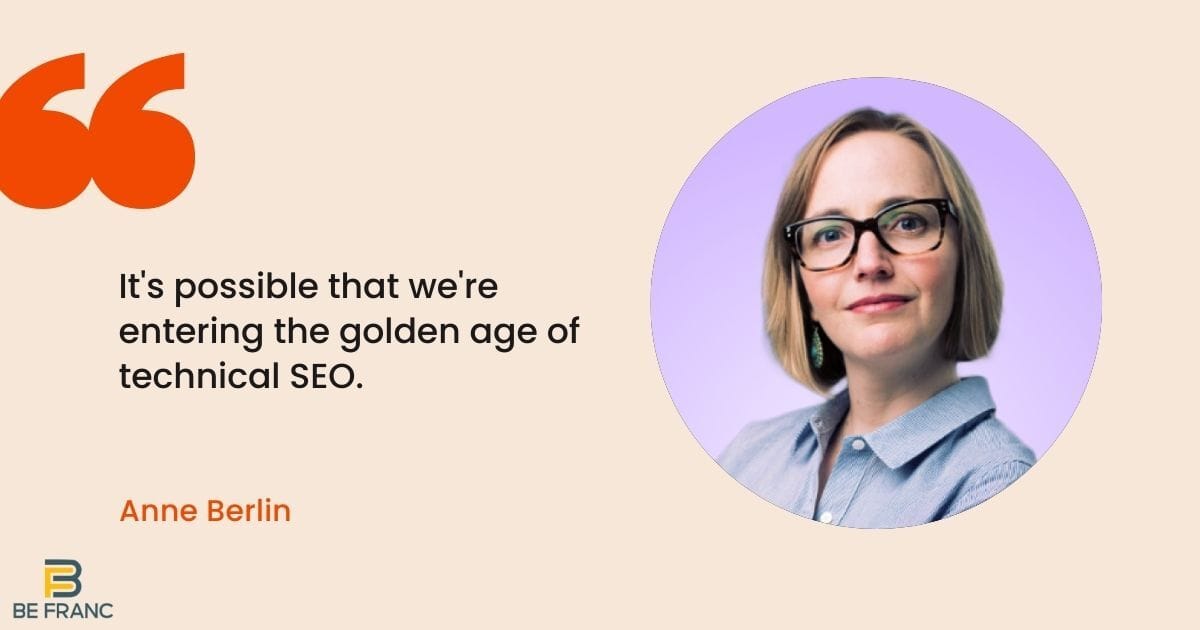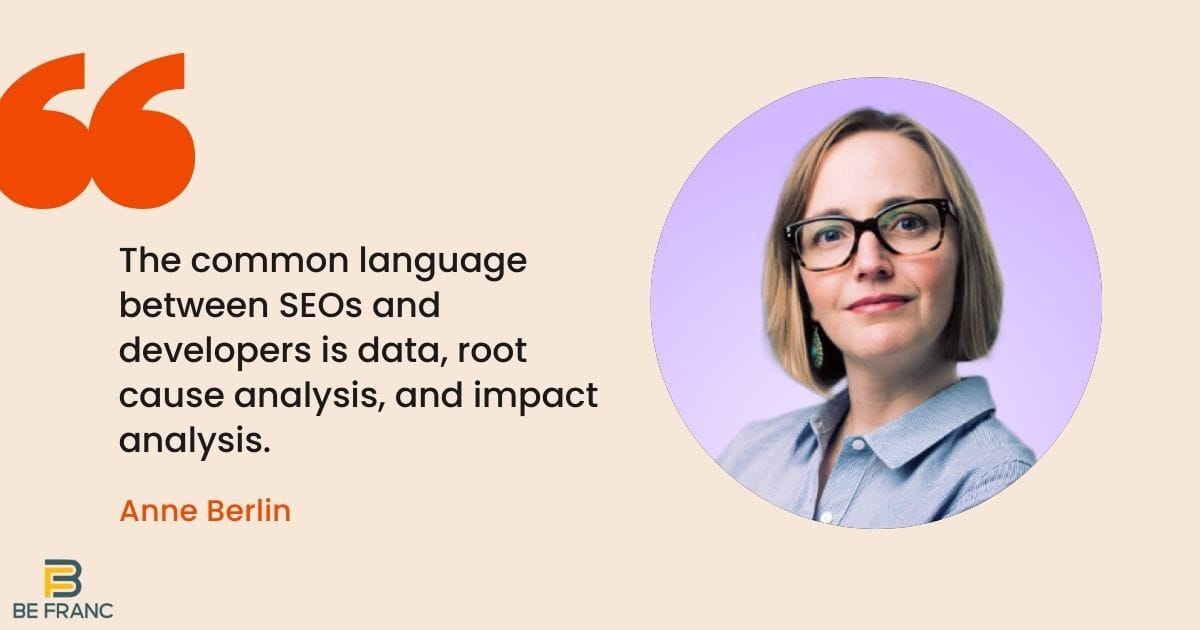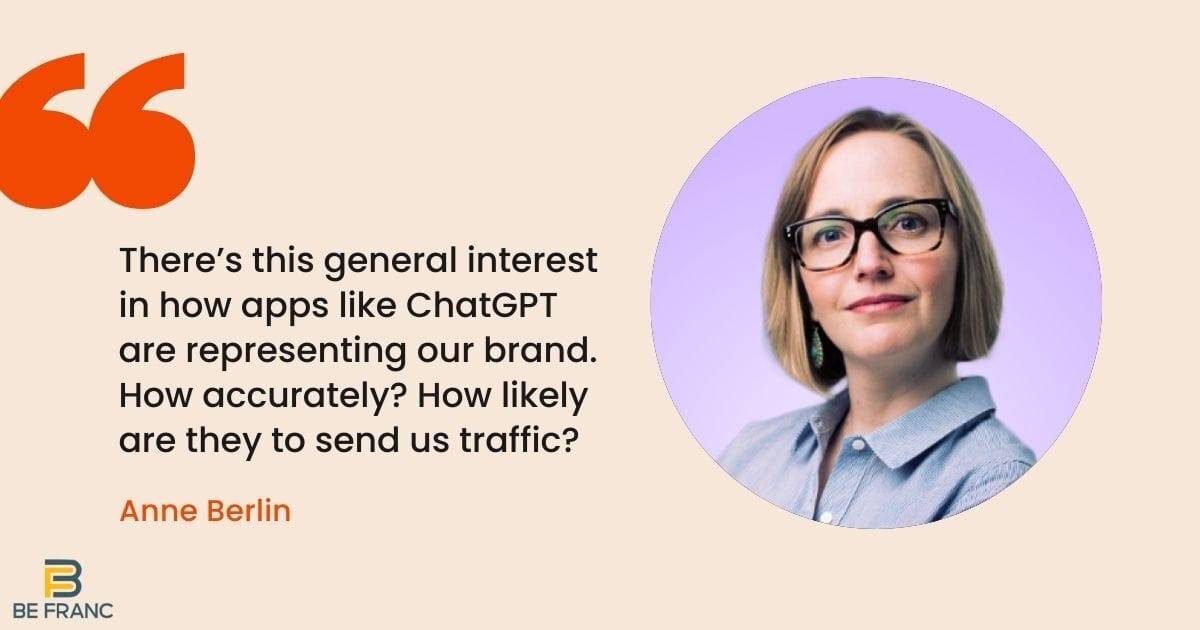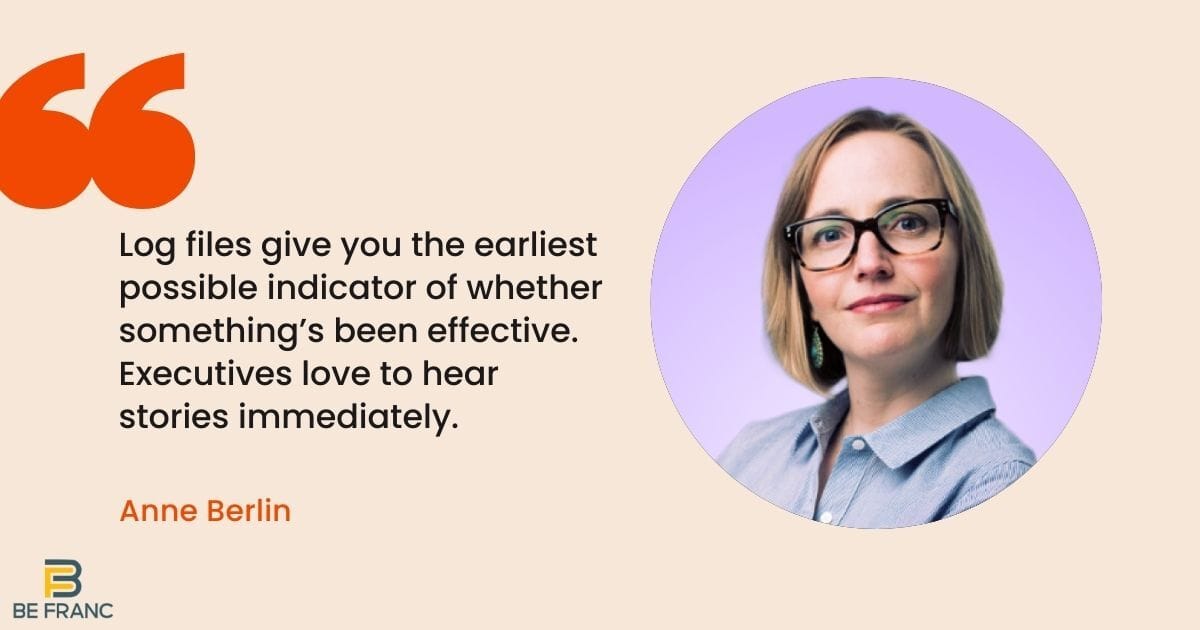Want to get the most out of ChatGPT?
ChatGPT is a superpower if you know how to use it correctly.
Discover how HubSpot's guide to AI can elevate both your productivity and creativity to get more things done.
Learn to automate tasks, enhance decision-making, and foster innovation with the power of AI.
“SEO is dead.” 💀
It’s a phrase we’ve heard countless times, part hard truth, part hyperbole. But with ChatGPT, Claude, and AI Overviews reshaping how users discover information, the shift is real. SEOs need to evolve. Again.
We’ve been here before. The same warnings came with mobile, featured snippets — even voice search (remember that?). But this time feels different. Over the past 25 years, Google has dominated how users search, discover, and consume information. It outpaced Yahoo! (exclamation mark and all), outlasted Microsoft Live (now Bing), and brushed off challengers like DuckDuckGo to become an essential part of daily life.
Search, click, consume. That was it.
That is until ChatGPT rolled into town.

Similarweb chart showing how ChatGPT is chipping away at Google’s dominance and growing unique users MoM.
Since late 2022, when ChatGPT captured public imagination, AI has dominated tech conversations, and increasingly, the mainstream too. But what do marketers need to understand to keep up with this shift in customer behaviour and platform dynamics? These tools aren’t just answering queries anymore, they’re acting like ultra-efficient personal assistants. Always-on, endlessly knowledgeable, and shaping how people interact with information.
The caveat? We have no visibility into how popular specific prompts are, and with LLMs, each one can vary wildly thanks to their long-tail, conversational nature. Maybe one day we’ll gain insight into prompt trends, but it’s unlikely we’ll ever see anything as structured or advertiser-friendly as Google’s Keyword Planner, which helped guide search strategies for nearly two decades.
So what should brands consider when trying to optimise for visibility in LLMs? First, it’s about setting realistic expectations. LLMs increasingly surface brand mentions, especially in platforms like ChatGPT, Perplexity or Google’s AI Overviews, but the referral traffic from these sources is still limited and often hard to track (in Google AI Overviews). Still, for marketers, monitoring citations and brand appearances in these environments is becoming an important signal of emerging influence.
Secondly, how prominent is your brand online? The more widely it's mentioned across trusted sources, the more likely it is to appear in LLM training data, and to show up in real-time results fetched by tools like Perplexity or ChatGPT with browsing. Strong search visibility and a well-distributed content footprint can influence your exposure in these environments.
Thirdly, how well can AI-integrated web crawlers access and understand your website? Tools like Perplexity and ChatGPT (with browsing) rely on structured, crawlable content to surface accurate responses. And as we move toward a future shaped by agentic AI — where tools perform tasks on users’ behalf, the role of technical SEO becomes even more critical. Ensuring your site is fast, accessible, and machine-readable isn’t just good for search; it’s foundational for visibility in the LLM-driven internet.

Only this month, ChatGPT announced that it will be integrating shopping results within its answers and that structured data is an important component for this. Remember, LLMs, currently, cannot render JavaScript (unlike Google) - so you need to ensure that your most content is present in the initial load.
SEO is dead is most probably in its 50th iteration. If you’re still doing SEO like you were in 2010, 2015, 2020 or even 2023 - then you’re being left behind. It is always an evolution and those that move fast, tackle the change full on and accept reality are those that will ultimately benefit and grow.
This leads me to my discussion with my brilliant guest, Anne Berlin.
From curiosity to crawlers: Anne Berlin on owning the technical SEO space
There’s a point in every marketer’s career where they come face to face with a wall of complexity. For SEOs, that could be JavaScript rendering, log files, crawl depth, index bloat, the kind of stuff that makes most heads spin. Anne Berlin doesn’t flinch. She loves it.
Anne is Senior Technical SEO and Lead Product Specialist at Lumar, a dual role that sees her working with boots on the ground with enterprise clients and inside the product suite itself, shaping what’s next. She calls it bridging two worlds. When we sat down to talk for the latest episode of Franc Talking, it quickly became clear that Anne is one of the most strategic minds in SEO.
"I come from a family of scientists," she tells me early on, "but I went the liberal arts route." That blend of analytical rigour and human insight runs through everything she does. Whether it’s refining crawl logic, writing JIRA tickets that actually get picked up, or helping SEOs hold their own with engineering teams, Anne’s work is steeped in empathy, clarity, and a hunger to learn.
"I wasn’t afraid of breaking things," she says, recalling her early days editing Dreamweaver sites. "That differentiated me."
The SEO-engineering divide (and how to cross it)
Anne’s lived on both sides of the SEO/engineering fence. And if there’s a thread that runs through her career, it’s learning to speak both languages fluently. The problem, she says, is trust, or rather, the lack of it. Engineers often get half-baked requests from SEOs. Vague tickets. Fluffy insights. Not enough evidence.

"There’s hesitation because they’ve seen it before."
Anne's solution? Data. Speak in metrics. Show your working. She talks about referencing New Relic dashboards, pinpointing problem files, and making impact analysis the shared currency. "Root cause analysis," she says. "That’s the common language."
She’s also helped Lumar build a feature that generates AI-assisted JIRA tickets, drawing on crawl data to draft developer-friendly tickets with clear context and proposed fixes. "It’s about giving SEOs a head start, and the confidence to have those technical conversations."
Why tech SEO still matters in 2025
It’s a question I put to her bluntly: how do you sell the importance of technical SEO to a CMO in 2025, when all the hype is around AI, video, and content at scale?
Anne doesn’t miss a beat. "Infrastructure costs."
Every enterprise site has legacy bloat. Every new feature whether it be an AI chatbot, campaign landing page, interactive tool, adds weight. “Think of technical SEO as keeping the plumbing clean,” she implies, it’s the infrastructure work that lets everything else flow properly. It’s how you avoid rebuilding things that should’ve worked the first time. It’s efficiency. It’s scalability. And, increasingly, it’s visibility into whether your site is even being read correctly by AI bots like ChatGPT.

"We’re seeing brands struggle to make product documentation legible to LLMs. PDFs, weirdly formatted tables, it matters now."
What makes Lumar different
Anne lights up when we talk tools and her current employer, Lumar. She’s quick to call Lumar a web visibility platform, not just a crawler. Yes, it runs large-scale crawls. Yes, it tracks everything from internal linking structures to Core Web Vitals. But what Lumar really provides, she says, is context.
"We help teams separate the signal from the noise. Especially on huge sites, you need to know what’s actually harming your strategy versus what’s just always been broken."

Log file analysis is, in her view, one of the most underused capabilities. "It gives you the earliest indicators of change. Did the new menu work? Is Google crawling your transactional pages more? It tells a story before traffic does."
And then there’s the health scores, dashboards, and monitoring features that let teams visualise change, spot regressions, and build a shared narrative across SEO, engineering, and leadership. "Executives want fast stories. This gives them that."

An example of Lumar’s capabilities, this dashboard highlights key technical SEO metrics in one view, from indexability and experience to deeper issues like slow load times, redirect loops, and internal errors impacting site health.
Adapting to the age of AI
Anne is realistic about the pace of change. Google’s algorithm, once interpretable, is now largely opaque. Updates are less predictable. Search is no longer just ten blue links, it’s AI Overviews, Knowledge Panels driven by entities, and machine-generated summaries.
"Even Google engineers admit the algorithm is harder to understand now," she notes.
So how does a technical SEO keep up?
"You need to be close to the changes," she says. "Crawl frequently. Act quickly. When something breaks, catching it the same week means it gets fixed. Wait a month? It joins the backlog."
This proximity mindset echoes across her work. Whether it’s alerting devs to a surge in JavaScript redirects or helping a client trace performance issues to a new third-party integration, timing is everything.
On women in tech, confidence, and the power of community
Toward the end of our chat, I ask Anne what it’s been like as a woman in a deeply technical field. Her answer is honest.
"I’ve faced the usual difficulties. But I’m confident. I believe I deserve a place at the table."
That belief, paired with her commitment to learning and collaboration, helped her make allies instead of fighting uphill battles. "Once you’re invited in, it changes everything."
She speaks passionately about Women in Tech SEO, a community where she began as a mentee and now serves as a mentor. "You’re not the only one. There are spaces to level up."
And it’s not just about gender. It’s about openness. The culture of SEO, once cagey, is becoming more collaborative. More willing to share. "Are you seeing this too?" is becoming a rallying cry, not a risk.
Some of Anne’s go-to resources:
What the future looks like
Anne doesn’t chase trends. She sees what’s coming, and prepares. She’s bullish on the rise of AI but grounded in how to work with it.
"We might be entering the golden age of technical SEO," she says. "C-suite cares. LLMs need clean data. Brands want clarity."
But the middle might get hollowed out. Junior roles replaced by automation. Senior roles elevated by strategy. The need for humans who can interpret, contextualise, and advise? That’s only going up.
So what does Anne advise?
Stay curious. Get close to the data. Learn how systems work. And most of all, don’t be afraid to break things.
If SEO has always been about adapting to change, Anne Berlin is proof that technical SEO, done right, isn’t just surviving the AI era. It’s helping to shape what comes next.
✅ Like what you read? Forward this to someone figuring out how to future-proof their SEO strategy.


